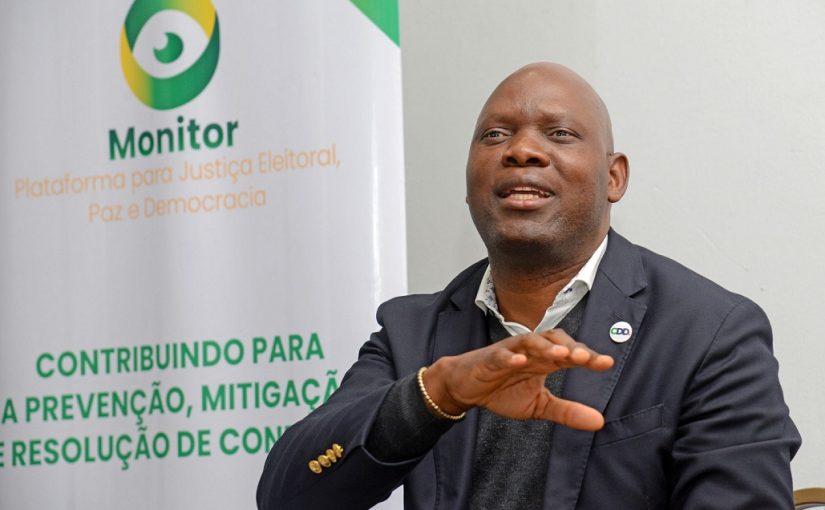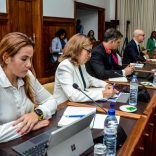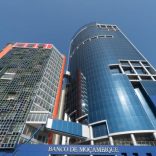Mozambique: Q1 short-term domestic debt servicing cost €264M
Mozambique: Oil multinationals should fund northern development agency – CDD | Lusa

File photo: Lusa
Mozambique’s Centre for Democracy and Development (CDD) on Tuesday argued that funding for the Northern Integrated Development Agency (ADIN), a state institution that will implement projects in northern Mozambique, should be provided by multinational oil companies.
“It is in terms of contracts with multinationals that local development financing must be guaranteed,” CDD director Adriano Nuvunga said.
The CDD, a Mozambican civil society organization, sets out its thesis on ADIN financing in an analysis entitled “US$1 billion for ADIN: : New debt not declared to Parliament?”
In the paper, the CDD criticises the announcement by Mozambique’s Minister of Agriculture and Rural Development of Mozambique, Celso Correia, that the government would borrow US$1 billion (€841 million) to finance the ADIN activities.
“The way in which financing is being mobilised could compromise the expected result. Using public debt to mobilise US$1 billion will aggravate already unsustainable public debt,” the note reads.
The development of northern Mozambique is ultimately aimed at creating an environment for the acceptance of natural gas exploration projects, CDD notes, citing Nuvunga, the organisation’s director.
“It is possible to find ways for multinationals to advance the money to the Mozambican state to guarantee local development. When production [of natural gas] begins, later on, companies can make this discount without burdening the state with debt,” Nuvunga says.
The CDD criticises the fact that financing is being mobilised “even before” the approval of ADIN’s strategic plan, the ‘Resilient Strategy for Integrated Development in the North’.
“The document is still under public consultation in the three provinces where the agency’s projects will be implemented,” the CDD remarks.
Minister of Economy and Finance Adriano Maleiane should submit the ADIN financing proposal for appreciation by the Assembly of the Republic, so that it can be approved within the national system of governance and public finance management, the CDD insists.
“To allow US$1 billion to be mobilised outside the national system of public accounts is the hidden debts all over again,” Nuvunga comments.
‘Hidden debts’ is the name commonly given to the loans that the previous Mozambican executive endorsed in favour of public companies linked to maritime security and fisheries, worth around €2 billion, without the approval of the Assembly of the Republic or the Administrative Court, and which ended up giving rise to legal proceedings in Mozambique and abroad.
ADIN was created in March 2020 by the Mozambican Council of Ministers to promote projects aimed at the socio-economic development of Cabo Delgado, Niassa and Nampula provinces and job creation for young people.
The government argues that the promotion of employment aims to discourage young people from joining the “terrorist groups” that have carried out attacks in the central and northern districts of Cabo Delgado since October 2017.
CDD agrees that “through socio-economic development and youth employment creation projects, the agency [ADIN] can play a strategic role in eliminating the internal causes of the conflict or local problems that make youth vulnerable to recruitment by terrorist groups.”
Armed violence in Cabo Delgado began more than three years ago but gained a new escalation more than a fortnight ago when armed groups for the first time attacked the town of Palma, which is about six kilometres from the multi-million dollar natural gas projects.
The attacks caused dozens of deaths and forced thousands of Palma residents to flee, worsening a humanitarian crisis that has affected around 700,000 people in the province since the beginning of the conflict, according to United Nations figures, and with around 2,500 deaths since the conflict began, according to accounts made by Lusa.












Leave a Reply
Be the First to Comment!
You must be logged in to post a comment.
You must be logged in to post a comment.